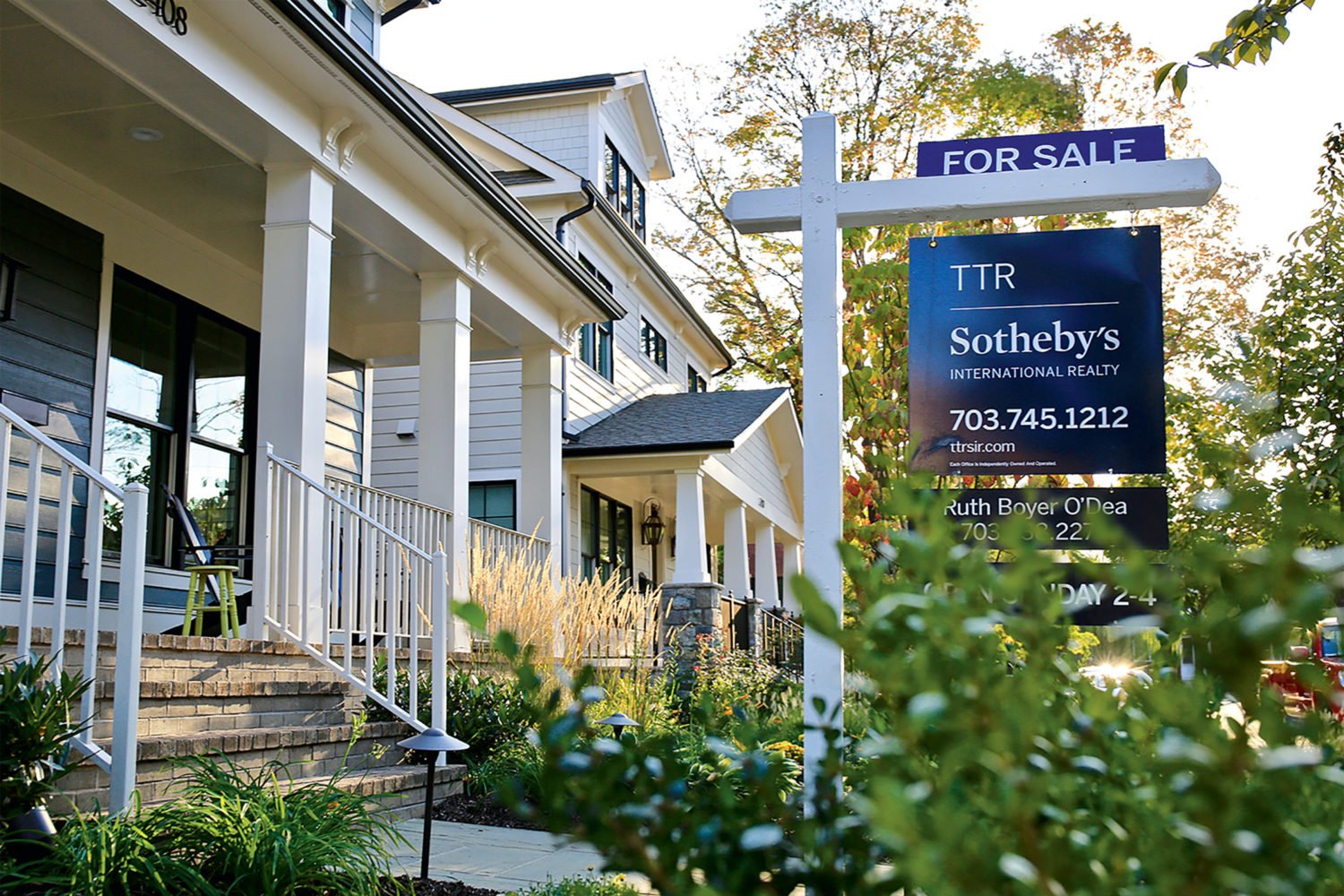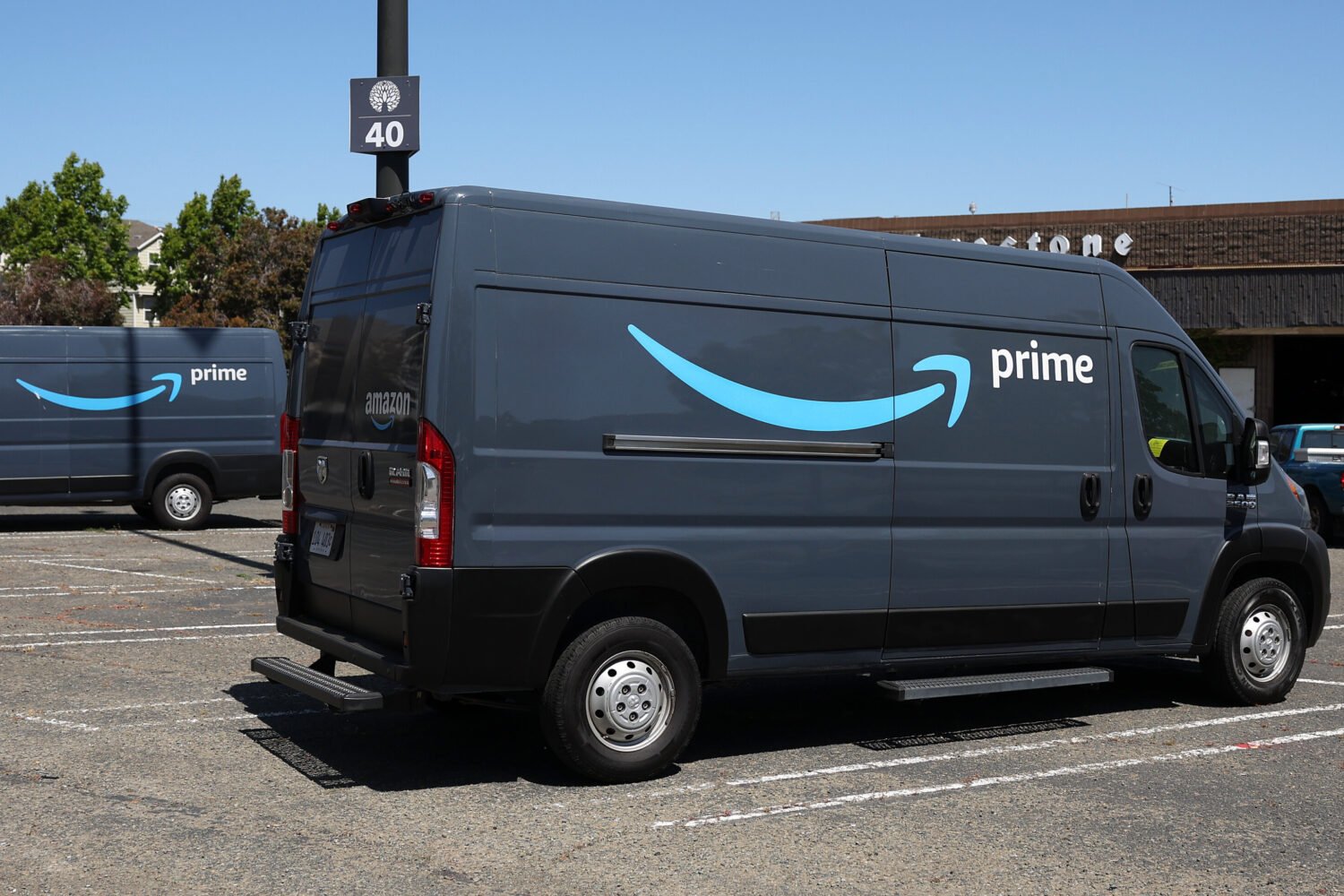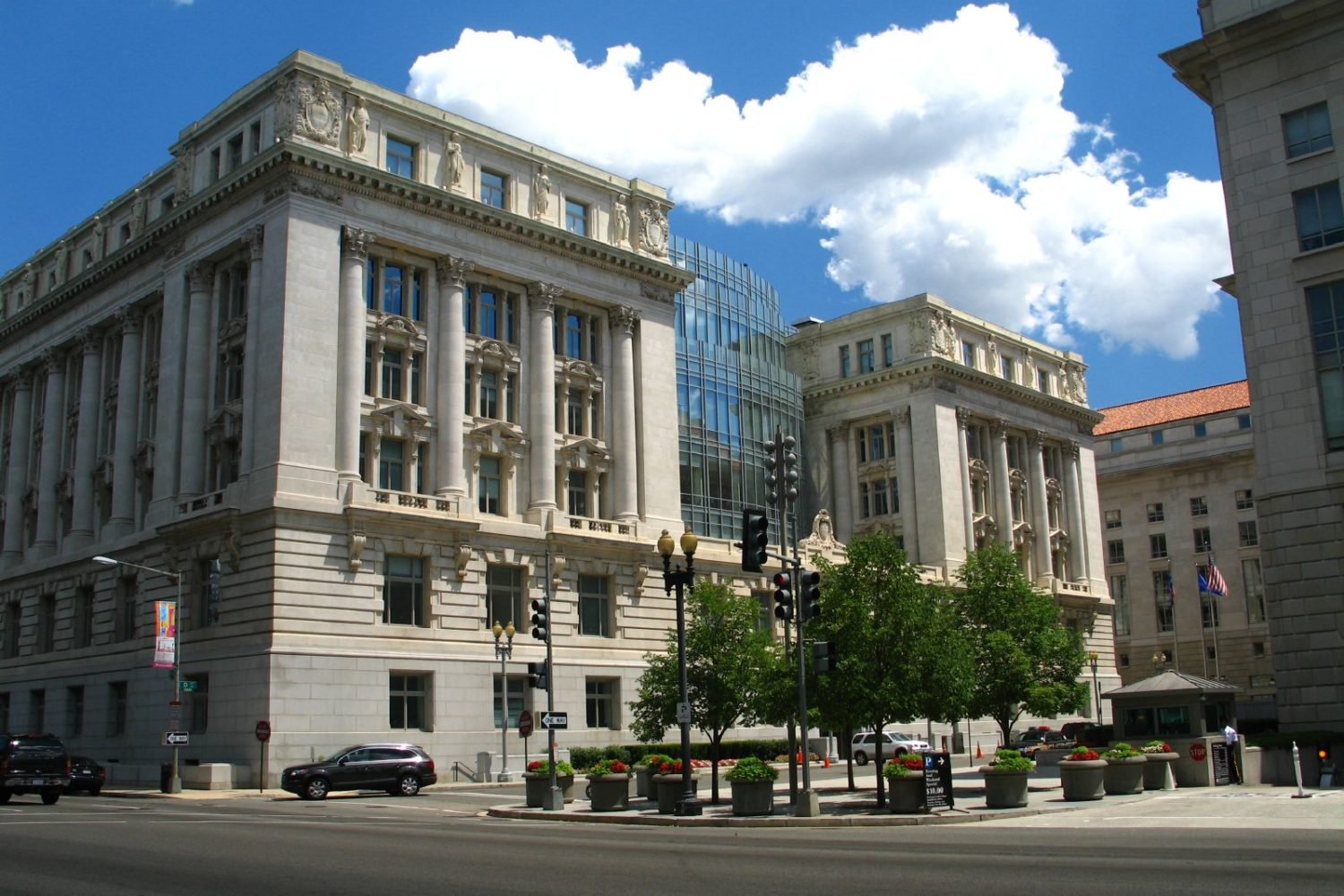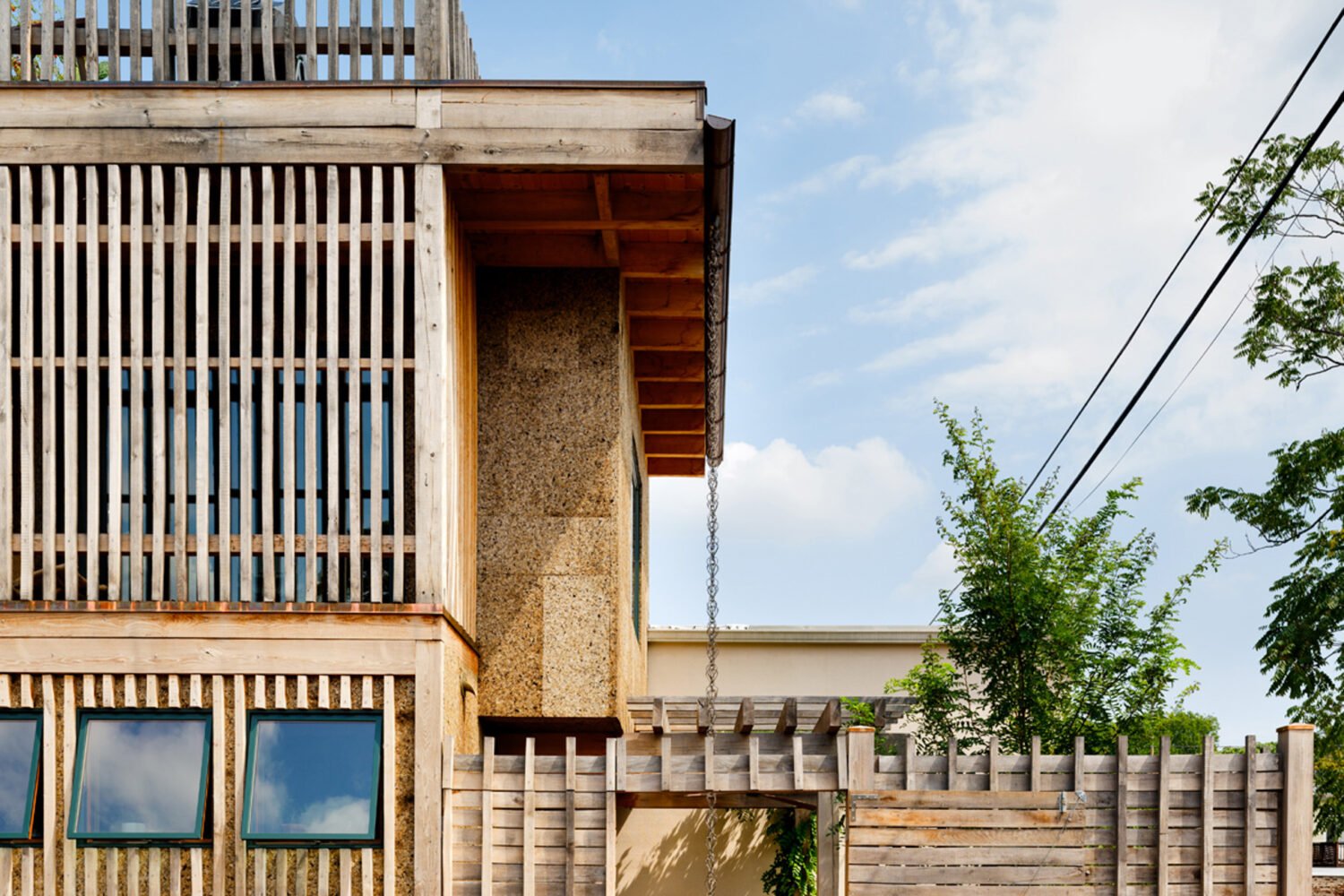With Amazon’s HQ2 announcement expected any day, nonprofit research group Urban Institute has released a new report about what the tech giant could do to Washington’s housing shortage if we’re chosen for its next headquarters.
Sure, HQ2 would bring a purported 50,000 jobs and a larger tax base, but Urban Institute concludes that if Amazon comes here, the Washington-Metropolitan region will need about 267,000 additional housing units by 2025 to keep up with the increased demand. Currently, only 170,000 are expected to be produced by 2025.

“We thought it would be useful to bring some basic evidence to the table as a starting point for conversation about how to make this a positive development for the region as opposed to a threat,” says lead researcher Margery Turner.
This isn’t an issue that has sprung up overnight. Though Washington’s pace of employment growth has recently slowed and fell behind the national growth rate in 2012, the report concludes that because “the past two decades have brought robust job growth to the region,” we can expect a deficit of 65,000 housing units, even if we aren’t chosen for Amazon’s next big hub.
Also a big factor in our current housing shortage: Our area is still rebounding form the slow-down in construction that happened during the Great Recession. Although development is coming back, the Urban Institute finds that builders are proceeding more slowly and cautiously than previously.

The group finds that the number of households in the metropolitan area earning above $150,000 has grown by 34 percent since 2000, while low-income households have only increased by 17 percent. According to the report, the influx of high-income residents moving into our region has bumped those with less buying power farther and farther away from DC and its close-in suburbs.

But rather than exacerbate the problem, Turner says she hopes Amazon’s interest in Washington may encourage local policymakers to finally address our housing shortage in a meaningful way. “The moment is really right for the Washington region,” she says. “It’s a serious problem that demands attention, but it’s not out of control. It’s manageable if the jurisdictions come together to tackle this challenge.”
*This story has been updated because of errors in the data initially supplied by the Urban Institute.















